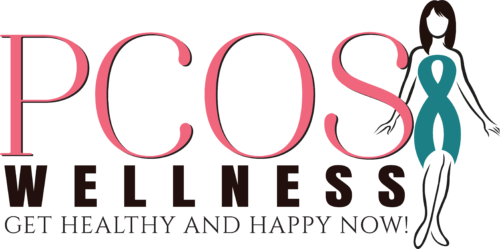
Emotional Nutrition: Feeding Your Mind, Heart, and Soul
One of the recurring themes I see in my clients is a lack of self-care. This is one of the indicators that I am working with someone who is depressed. Self-care is often one of the first things to go by the wayside. By self-care, I mean the obvious as well as the things that aren’t so obvious. Obvious aspects of self-care include eating regularly, getting enough sleep, drinking enough water, and taking a shower regularly. Without these basic items being taken care of consistently, your life isn’t going to function very well.
Less obvious aspects of self-care that are often lacking include:
- Tending to the quality of sleep, as well as quantity
- Eating a diet that works for your particular body, on a consistent basis
- Maintaining decent work hours
- Making time for family, friends, and your spouse/partner
- Going to therapy
- Practicing safe sex
- Not driving under the influence of drugs or alcohol.
- Consulting with qualified health practitioners about your PCOS
- Going to yoga
- Starting a meditation practice
If you’re not engaging in these forms of self-care, your quality of life will be low, your relationships will suffer, and your health will ultimately decline.
Above and beyond these basics, there’s a whole host of other things you can do that comprise a complete package of self-care. These might include:
[vc_row][vc_column width=’1/2′]- Engaging in clear and open communication
- Having a spiritual practice
- Making time for art, music, and culture
- Practicing a hobby
- Shopping at the Farmers’ Markets
- Getting massages, manicures, and pedicures
- Taking an occasional “mental health day” from work
- Doing something silly, juvenile, or useless, just because it’s fun
- Having date nights with your spouse/partner
- Taking time to play – really play – by yourself, with friends, or children
- Getting acupuncture
- Keeping a journal
- Finding and making time for a community of like-minded individuals
- Cooking from scratch
- Taking a mid-afternoon nap when you need it
- Deciding that there are some things that really aren’t worth doing – and then not doing them
- Saying “no” to people you don’t like, causes you don’t care about, and anything else that makes you feel irritable, disgruntled, miserable, or resentful
- Practicing gratitude
- Buying candles – the expensive lavender ones from that little boutique, if that’s what tickles your fantasy
- Engaging in community service that pleases you on a variety of levels
- Getting real about the size you wear, and getting comfortable with it
- Hiring help when you need it
- Ordering dessert occasionally
- Deciding you don’t care what other people think
As you can see, there are many levels of self-care or emotional nutrition. When you know what you need to do to feed your body, brain, heart, and soul, your priorities become clearer, you’re calmer, and you experience more life satisfaction. Quite often, you’ll find those symptoms of depression decrease.
How about making your own list, and committing to practice at least item on it every day? Check in with yourself after a week, and again at 30 days. Note what’s changed. Keep practicing.
And if you need help developing a good self-care plan, call or text Dr. Gretchen at (310) 625-6083.
Session expired
Please log in again. The login page will open in a new tab. After logging in you can close it and return to this page.
